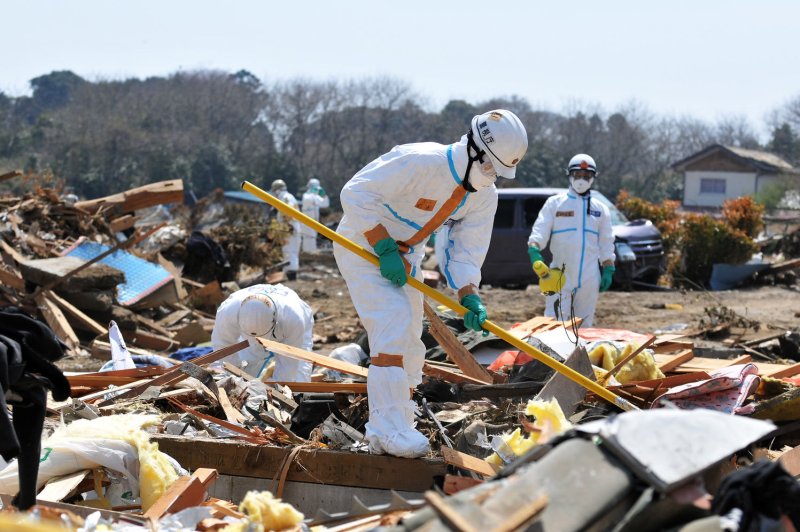Disir
Platinum Member
- Sep 30, 2011
- 28,003
- 9,607
- 910
Tokyo Electric Power Co. in 2008 recognized the “indispensable” need for countermeasures against a towering tsunami at the Fukushima No. 1 nuclear plant, but it ended up doing nothing, an internal document showed.
The document was disclosed on June 18 by TEPCO, operator of the Fukushima plant, at the request of its shareholders who have filed a lawsuit against the utility's executives. The plaintiffs are demanding that company executives be held responsible for the nuclear crisis at the plant that was triggered by the March 2011 Great East Japan Earthquake and tsunami.
“It is indispensable for us to develop measures against a higher tsunami than currently estimated,” the document says.
The plaintiffs argue that the document proves that TEPCO executives at the time could foresee the possibility of a huge tsunami striking the nuclear plant. They say the utility in 2008 estimated a 15.7-meter tsunami could hit the plant based on earthquake predictions by a governmental organization.
But TEPCO said its 2008 estimate could not be “a factor that inevitably forced them to take concrete countermeasures because there were differences of opinion, even among experts, on how to estimate a quake.”
Document shows TEPCO recognized risk of huge tsunami at Fukushima plant in 2008 - AJW by The Asahi Shimbun
This lawsuit is from the shareholders.
Here is another article from Japan Times.
Document shows Tepco was aware of need for tsunami measures in 2008 lawyers The Japan Times
The document was disclosed on June 18 by TEPCO, operator of the Fukushima plant, at the request of its shareholders who have filed a lawsuit against the utility's executives. The plaintiffs are demanding that company executives be held responsible for the nuclear crisis at the plant that was triggered by the March 2011 Great East Japan Earthquake and tsunami.
“It is indispensable for us to develop measures against a higher tsunami than currently estimated,” the document says.
The plaintiffs argue that the document proves that TEPCO executives at the time could foresee the possibility of a huge tsunami striking the nuclear plant. They say the utility in 2008 estimated a 15.7-meter tsunami could hit the plant based on earthquake predictions by a governmental organization.
But TEPCO said its 2008 estimate could not be “a factor that inevitably forced them to take concrete countermeasures because there were differences of opinion, even among experts, on how to estimate a quake.”
Document shows TEPCO recognized risk of huge tsunami at Fukushima plant in 2008 - AJW by The Asahi Shimbun
This lawsuit is from the shareholders.
Here is another article from Japan Times.
Document shows Tepco was aware of need for tsunami measures in 2008 lawyers The Japan Times


